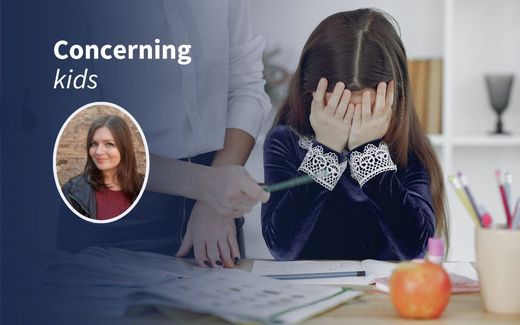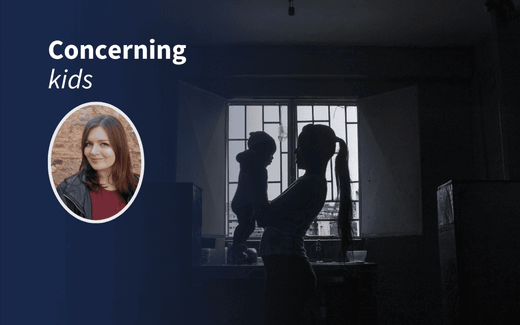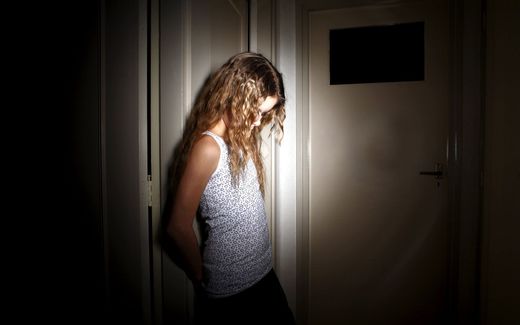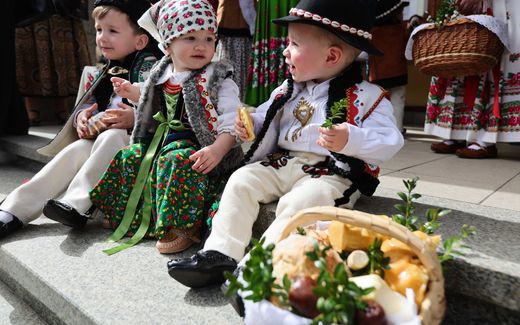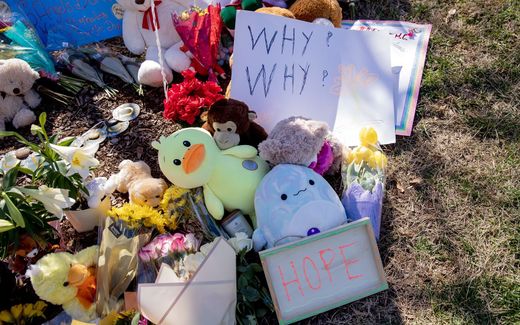How forgiveness starts at home
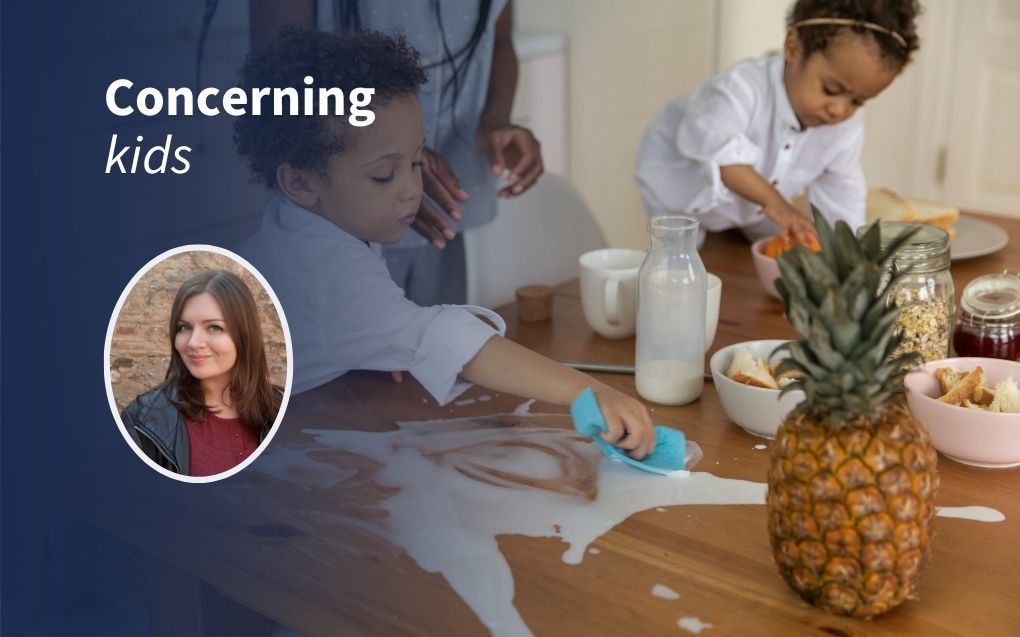
Photo Pexels, Katrin Bolovtsova
Christian Life
It is difficult for many of us to admit our failures. But still, our kids need to learn forgiveness from the start, Anna tells us in this column.
Stay up to date with Christian news in Europe? Sign up for CNE's newsletter.
We begin teaching kids to admit their mistakes from early childhood. It is rather difficult for a child to acknowledge that they did something wrong, as they hide their eyes, blame somebody else (like a poor dog) or say they don't know what we are discussing. However, a second part follows after we have figured out the guilty one. How can we teach kids to take ownership of their bad behaviour?
Teaching kids to ask for forgiveness is essential because it helps them develop strong social skills, emotional intelligence, and a sense of personal responsibility. It will help them build meaningful personal connections in future. However, it is even more critical to help kids understand that every wrongdoing is a sin against the Lord. In 1 John 1:9, we learn, "If we confess our sins, he is faithful and just to forgive us our sins and to cleanse us from all unrighteousness." As the verse says, atonement is the foundation for personal relations with God, as we sin daily and need to repent before God. When we go before God regularly, forgiveness becomes a habit we can extend to others.
Kids should express their regret for wrongdoing. "I am sorry" is common, but it is better to specify what the kid is sorry about. "I am sorry that I lost my patience and pushed my brother" is way better as the child learns to be more specific about his actions and takes responsibility for them. Taking responsibility for their behaviour means children are ready to face the consequences.
My friend's daughter accidentally pushed the mug off the table, and it broke. She looked at me and said, "The mug has broken itself." I said,
"Well, you can tell the truth that you have accidentally pushed it off the table." Her eyes filled with tears, and she soon repeated my phrase. There is nothing bad in accidents; however, learning to take responsibility even for the unintentional will pay off when the kids become teenagers.
We must be gentle and loving so the kids are not afraid to admit their wrongdoings or minor slip-ups. Many fear parents' anger or punishment. However, things happen, and it is much more important for kids to be honest. We should show that we value honesty over broken stuff.
Last but certainly not least, forgiveness starts with us—the adults. Just as He has atoned us for our wrongdoing, we should do the same so that it becomes part of our children's culture.
Related Articles


